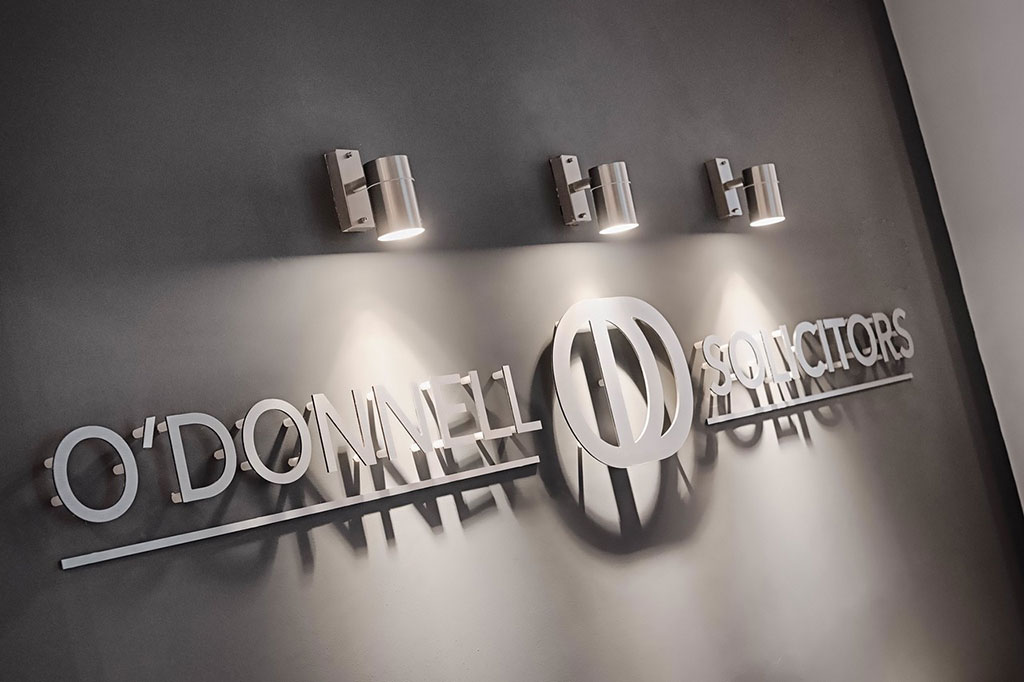When purchasing a property, either to live in or as an investment, there are numerous considerations – such as price, location and condition of the property. Alongside this, you may have a question mark over the type of property you will purchase – be it a house or an apartment. There are actually a number of key differences between the two – which Claire Egerton explores here.
The main difference between buying a house and buying a flat is that when buying a house, you will normally purchase the Freehold, which means you own the land and the buildings on the land for an unlimited time. When buying a flat you will normally purchase a Leasehold title – meaning that you have the right to live in the property for a certain number of years.
This distinction is important for a number of reasons:
Firstly, the amount of time that is remaining on the lease at the time of purchase. When buying a Leasehold apartment, there will usually be between 30 and 999 years on the lease. Whilst you may think that 50 or so years is an adequate amount of time to have on a lease, anything less than 100 years should be carefully considered. Although you may plan to move out of the property well within this time frame, there may be implications when you come to sell the property. Although extensions to leaseholds can be obtained, this process isn’t always straightforward and will incur a cost. For peace of mind, it is best to try and obtain a longer leasehold before you proceed with the purchase.
Secondly, it is important to recognise that although you own everything within the walls of your apartment, you will not usually own any of the property’s grounds or communal areas. On the plus side, this means that you are not responsible for organising any repairs or maintenance of these areas. However, in the majority of cases, you will usually be required to pay a monthly service charge. Depending on the property, this can be up to hundreds of pounds. As well as determining the price of this in advance to ensure it is affordable, you should also find out under what terms this could be reviewed and increased. Ground rent may also be applicable to apartment purchases.
Where the flat is part of a smaller property with only a few apartments, there may not be a management company in place. This could be a cause for concern, as if any issues were to arise with the property or its maintenance, there would not be a mechanism in place to resolve it.
It is also important to note that although a monthly service charge is likely to cover small repairs and maintenance work, it may not extend to include large-scale repairs, such as roof replacements. Should extensive work be required, you should be aware of who will be responsible and how the costs will be shared. It may be worth having a surveyor undertake a report on the condition of the property so you have peace of mind that it is in good repair.
In addition to determining the amount of time you can live in an apartment, the lease also determines the conditions under which you occupy it. For example, there may be restrictions on making internal alterations, keeping pets, or other conditions. The lease will also advise on what rights of access leaseholders have to use communal areas.
Due to some of the additional complications involved when buying a flat, it is worth bearing in mind that the conveyancing process can take longer than when buying a house. Consequently, the fees for conveyancing are sometimes slightly higher.
The conveyancing team at O’Donnell Solicitors, including director Claire Egerton, Julian and Nicola, have extensive experience in helping buyers with all types of property transactions, including those involving flats and apartments. We are therefore able to advise buyers on any of the above matters, highlighting them at an early stage to avoid any potential delays to the transaction.
For any further advice or to enquire about our conveyancing services, please contact us on 01457 761320.


